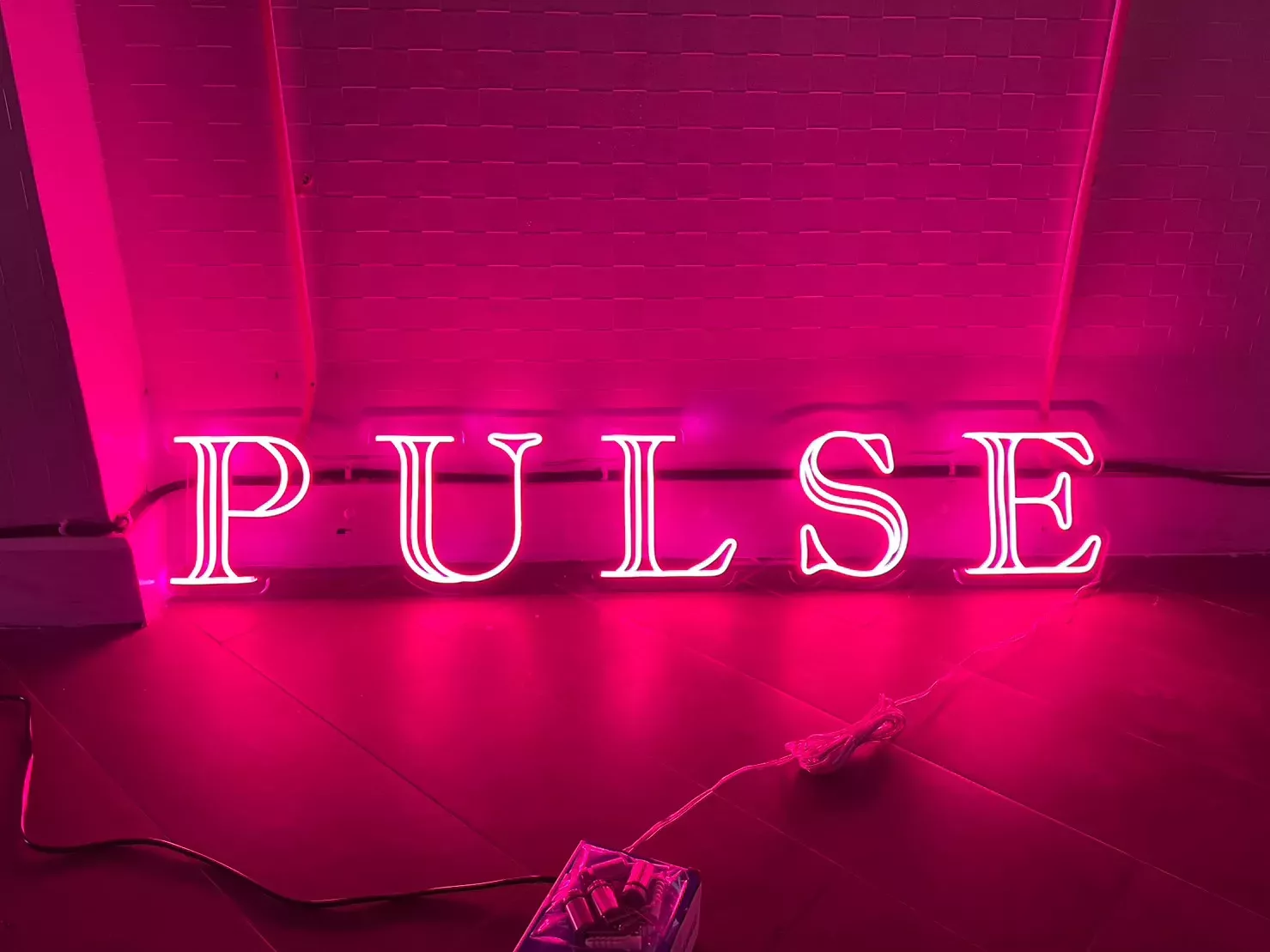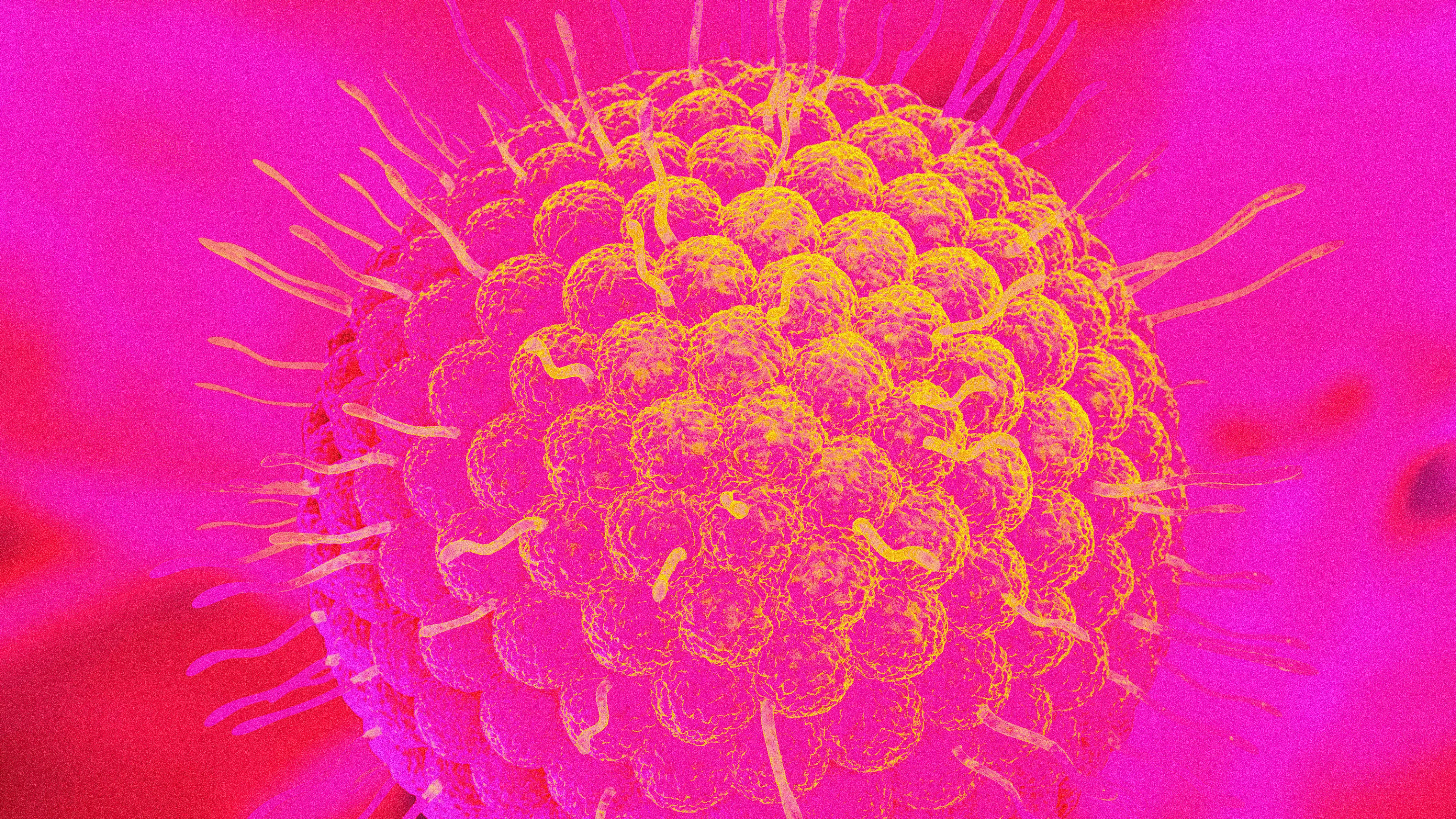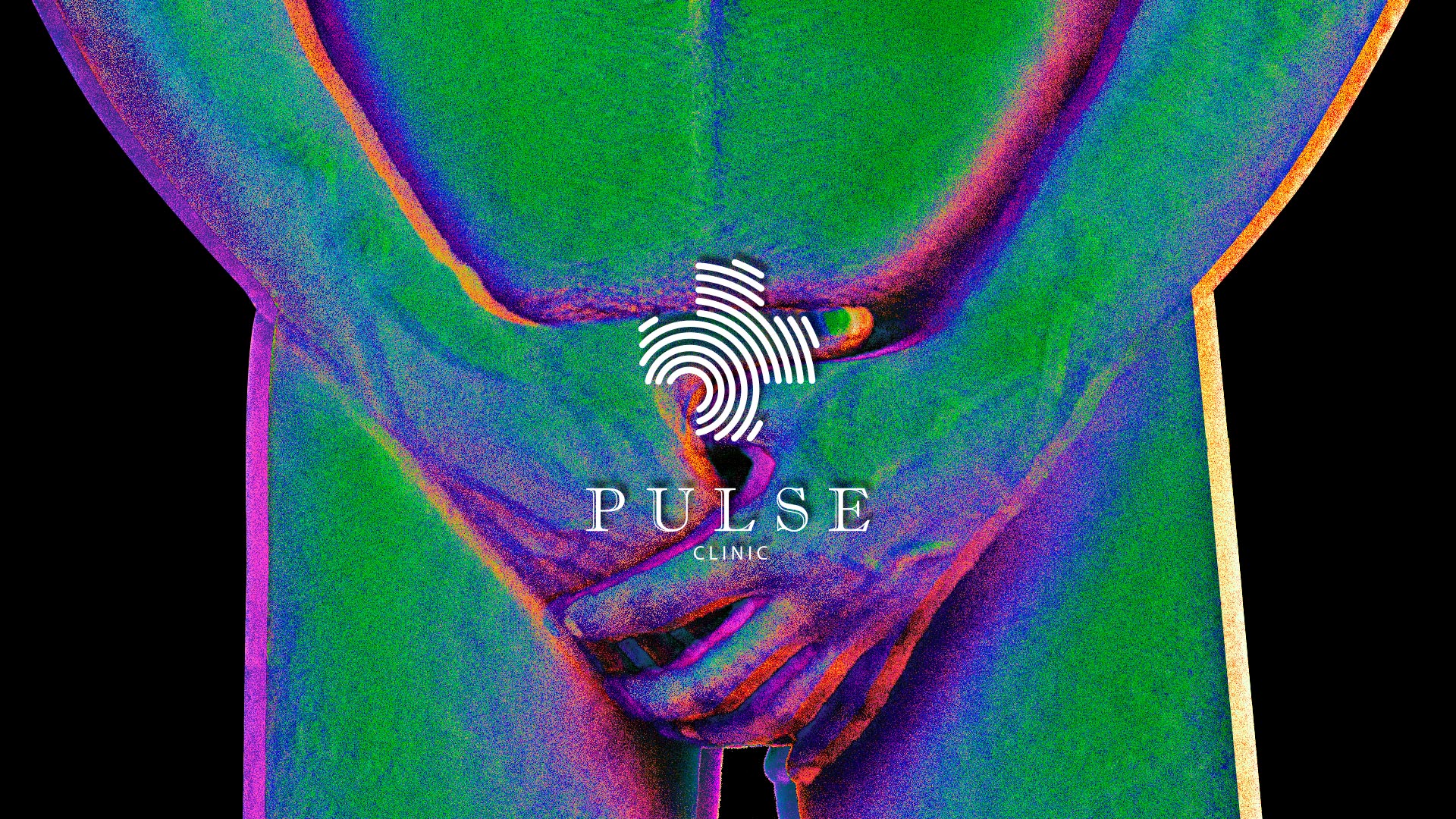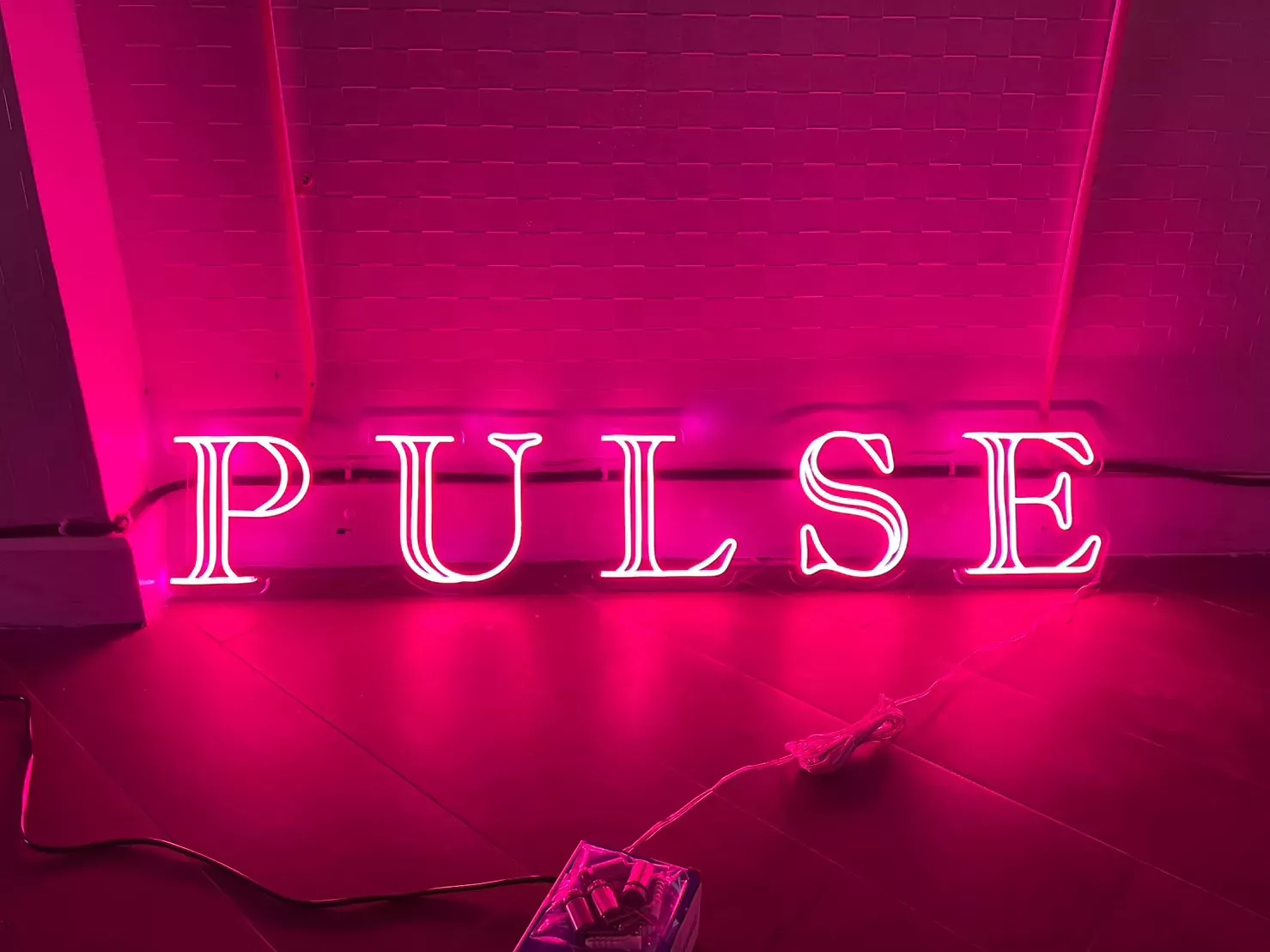Postherpetic Neuralgia (PHN)
16225
Post-herpetic neuralgia (PHN) is a condition that often lingers long after the physical symptoms of shingles have subsided.

What is Post-herpetic neuralgia (PHN)
Post-herpetic neuralgia (PHN) is a condition that often lingers long after the physical symptoms of shingles have subsided. For those who have experienced the intense discomfort of shingles, the prospect of ongoing pain can be daunting. However, understanding PHN and its management options is crucial for those affected and their caregivers. In this article, we delve into the intricacies of PHN, exploring its causes, symptoms, preventive measures, and treatment options.
Frequency and risk factors
The varicella-zoster virus causes shingles, a viral infection that affects one in five people. Age is a significant factor, with individuals aged 50 and over particularly susceptible. Other risk factors include a weakened immune system, the severity of the initial shingles outbreak, and delayed treatment.
Age represents a significant vulnerability for acquiring both shingles and post-herpetic neuralgia. The risk escalates from age 50 onward and amplifies considerably with advancing age.
Individuals experiencing acute pain and a severe rash during shingles are also at heightened susceptibility to developing post-herpetic neuralgia.
Those with compromised immune systems, such as individuals with HIV or Hodgkin’s lymphoma, face elevated susceptibility to shingles. The risk within this demographic can range from 20 to 100 times greater than that in the general population.
Symptoms of Post-herpetic neuralgia (PHN)
Persistent nerve pain in the shingles-affected area is the hallmark symptom of PHN. This pain can manifest in various forms, from burning, stabbing, and shooting sensations to itching and heightened sensitivity to touch. While some individuals experience continuous pain, others may endure intermittent flare-ups, often described as electric shocks or deep aches.
Duration and Severity
While many individuals with PHN recover within a year, some may endure symptoms for several years or even permanently. The severity of pain can significantly impact daily functioning, making routine tasks challenging and adversely affecting overall quality of life.
Add us on Line and stay in touch.
Preventive Measures and Treatment Options
Early Intervention:
Timely treatment of shingles with antiviral medication can reduce the risk of complications, including PHN. Seeking medical attention promptly upon noticing symptoms of shingles, such as pain or a rash, is crucial for effective management.
Vaccination:
Vaccination against shingles is recommended for individuals aged 50 and over, particularly those with weakened immune systems, such as people living with HIV.
Receiving two doses of the Shingrix vaccine, designed to prevent herpes zoster infection, significantly decreases the likelihood of contracting shingles by over 90 percent. Moreover, this vaccine offers protection against post-herpetic neuralgia.
The Centers for Disease Control and Prevention (CDC) advise that individuals in good health aged 50 and above receive the Shingrix vaccine.
The Herpes Zoster vaccine helps prevent the initial infection and reduces the likelihood of experiencing a recurrence and developing Postherpetic neuralgia (PHN).
Medical Intervention
For those already experiencing PHN, various treatment options are available to manage pain and improve quality of life. These may include medications, physical therapy, nerve blocks, and alternative therapies tailored to individual symptoms and preferences.
Post-herpetic neuralgia is manageable and avoidable. Most cases resolve within 1 to 2 months, although in exceptional instances, the condition may persist for more than a year.
For individuals aged 50 and over, vaccination against shingles and post-herpetic neuralgia is a prudent measure.
If post-herpetic neuralgia does develop, there are numerous treatment avenues available to alleviate pain. Consulting with your healthcare provider is essential to determining the most suitable treatment approach for your needs.
Trust PULSE CLINIC to take care of your health like other 45000 people from over 130 countries. We provide discreet professional service with high privacy. Here to help, not to judge.







